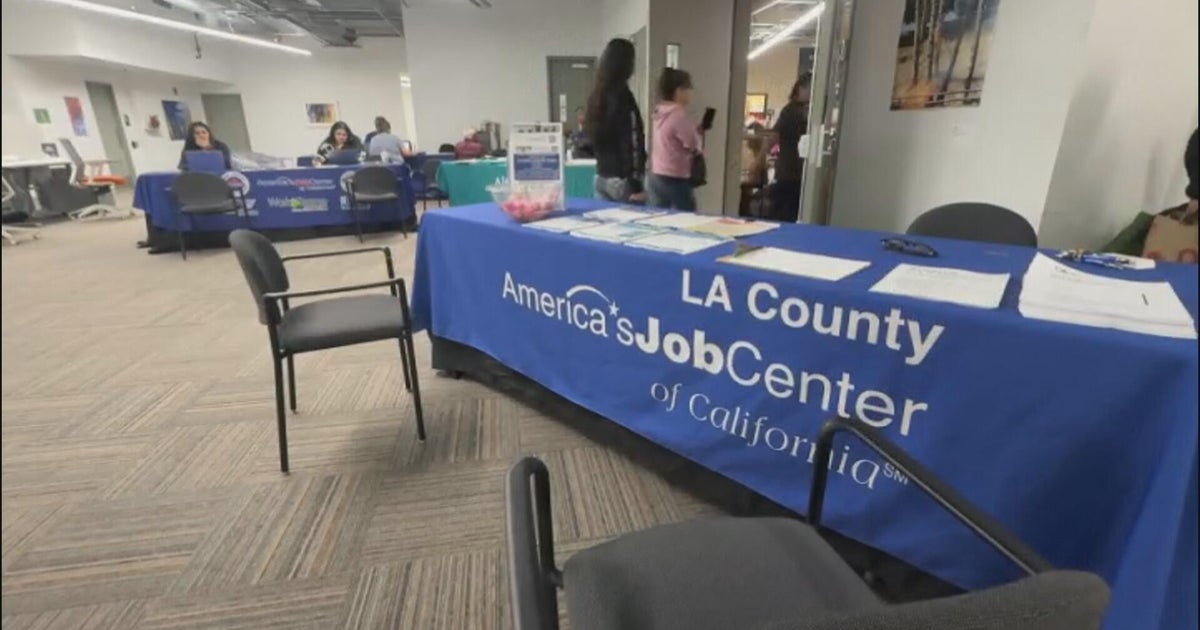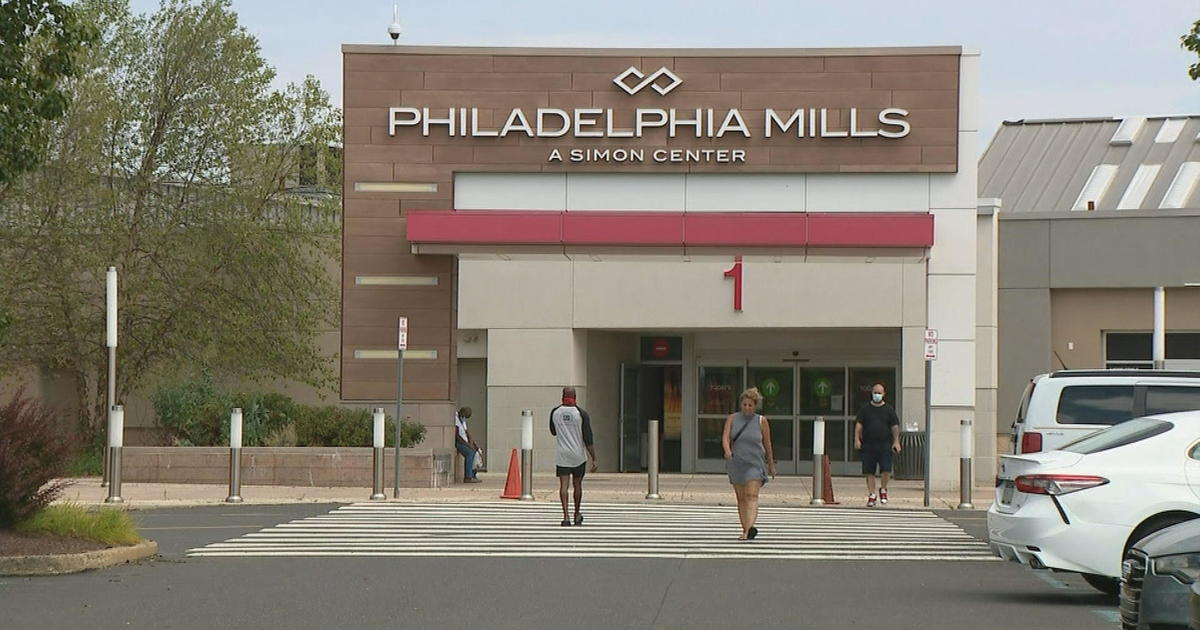"Bare Minimum Monday": A new era of sustainable work-life balance or a fleeting trend?
BALTIMORE — Are Millennials and "Gen Z" re-shaping the way we work? Ever since the Covid-19 pandemic, employees have been prioritizing work-life balance, and they're demanding more flexibility with their jobs. Linh Bui finds out if these cultural changes are permanent or just temporary.
"Bare Minimum Monday is my new normal. I only have to do what absolutely must be done for work, and the rest of the day is totally for me," Marisa Jo Mayes says in one of her viral TikTok videos. The content creator and co-founder of "Spacetime Monotasking" says "Bare Minimum Monday" is a burn-out prevention strategy for other over-achievers.
"I take it slow. I don't check my phone right away. I'm not on email right away. I used to prioritize everybody else's urgencies before even taking a drink of water for the day," she says. "So the first two hours of the day are for me to really armor up for the week. So if that's taking a walk, if that's getting to chores I didn't get to over the weekend, if it's doing a little bit of work that I'm looking forward to doing, it really is about whatever I know will set me up for a great rest of the week."
She says it does not decrease her productivity or impact the work she accomplishes.
"You feel better and that makes you able to function more. It made me more productive. So this didn't start out as some productivity hack, but I realized it was one in hindsight. So I still do it every Monday. It's been over a year now."
Every Monday, she focuses on only her "Must-Do" tasks. And she encourages you to reflect on how you might be putting too much pressure on yourself.
"A lot of the Bare Minimum philosophy actually happens in my head. It's me deciding what do I actually not have to care about today? What doesn't have to get done today? What can I work a little less hard at today, and it won't really make a difference in the long run?" she says. "So many people wake up Monday, and they're just running as fast as they can. And by Friday they're too exhausted to even function in their home, they're just laying on their couch at 5 pm. It really is about managing your expectations of yourself."
There are so many workplace buzzwords flying around right now. In 2021, "The Great Resignation" referred to the mass exodus of workers resigning from their jobs because they were not satisfied. "Quiet Quitting" became a popular way of saying you would only do what's absolutely necessary at work; no more going above and beyond, and no more brining work home after hours. "Rage Applying" is gaining steam now to describe when you're so frustrated about your job, that you furiously apply for new ones. And it seems like everyone's talking about the benefits of a "Four Day Work Week," and having three days off instead of two.
"The employment market, the labor market, is just particularly tight. We've had record low levels of unemployment recently," says Dr. Jeremy Schwartz, Professor of Economics at Loyola University, Maryland. "And that's just shifted the bargaining power away from employers and toward employees for the first time in a very long time."
Dr. Schwartz says workers want more flexibility and more time away from work. He says some polls have indicated that employees are more disengaged than they were pre-pandemic. But he adds it's unclear if we're seeing a permanent cultural shift, or just workplace trends.
"The Federal Reserve is increasing interest rates. We expect the labor market to weaken. And that is going to be the telltale sign," he says. "If we continue to see the demands for flexibility at the workplace, if we continue to see these demands when the workforce weakens, then we'll know if these trends become long-term."
Mayes believes people are realizing their well-being is more important than their work.
"I think it's like this mass awakening of - oh I'm allowed to treat myself like a person before an employee! And I think these practices are a result of that paradigm shift. I'm a person first. I'm not employee number 6,070," she says. "If you're burned out, it's not your fault and it's ok. It's ok to take your foot off the gas. Because there's a reason the tortoise and the hare story has stuck around for this long. And there's a reason that the tortoise wins in the end, because that's sustainable."







